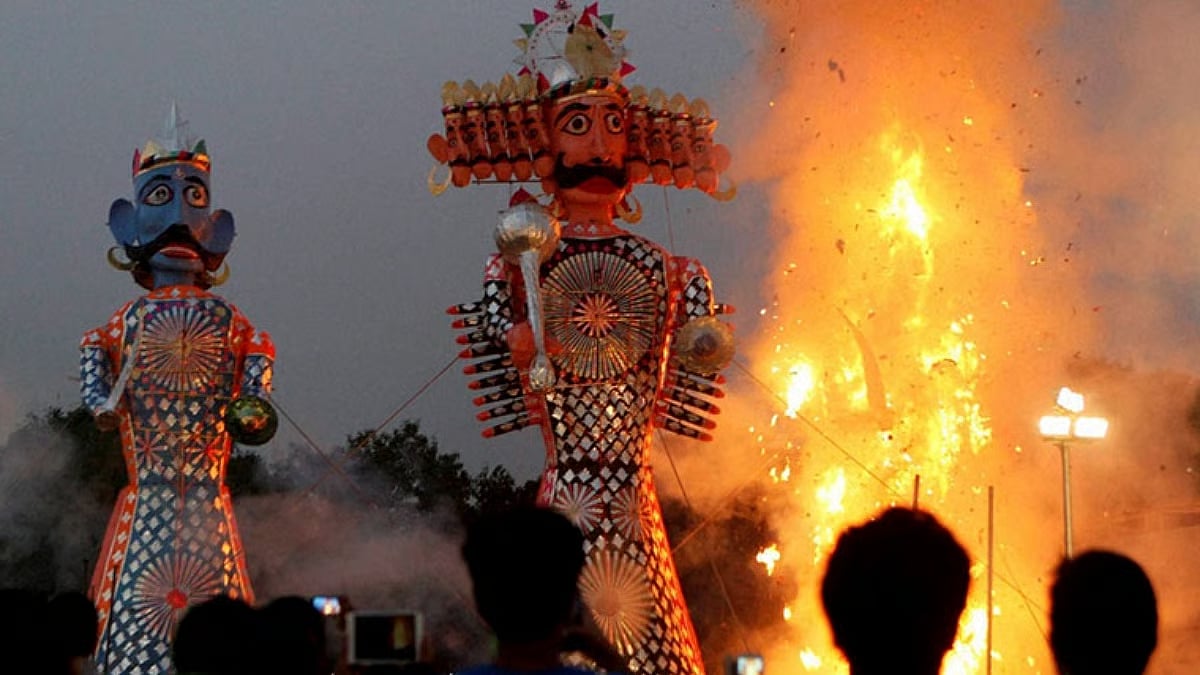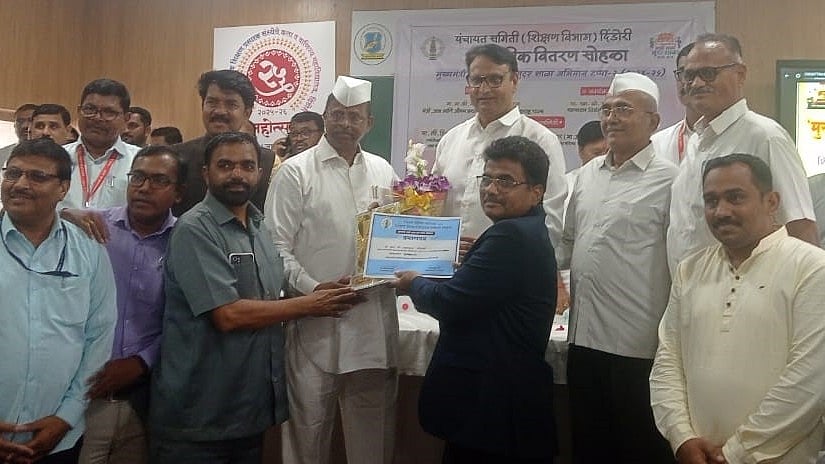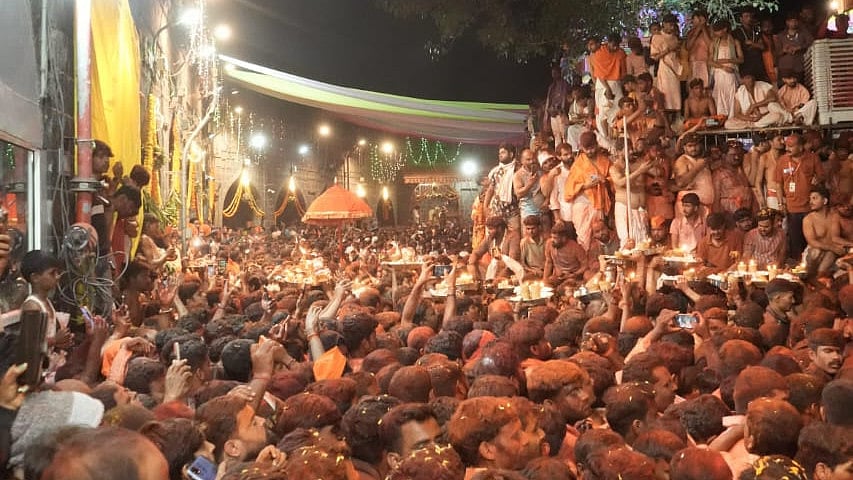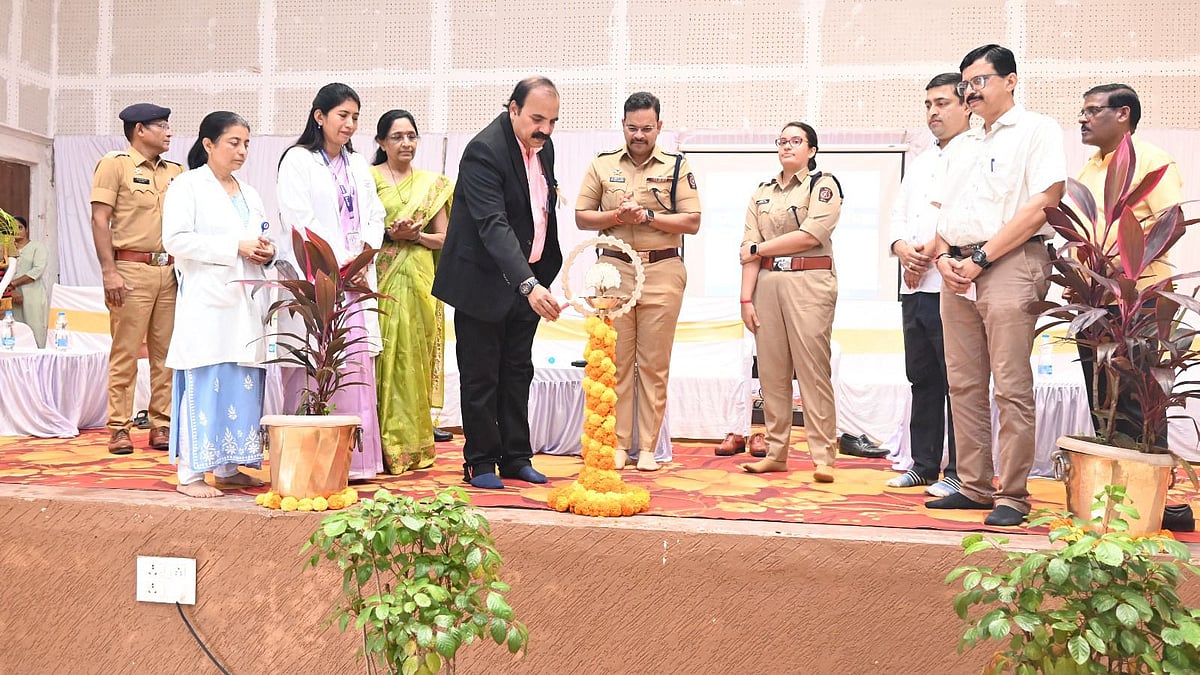Pune: For more than two decades, a figure known as Mastan Baba has been a familiar presence around Pune Railway Station. The mysterious man has drawn devotees and curious onlookers alike for over two decades. Covered in dust from head to toe, with unkempt hair, and clad in tattered clothes, he wanders daily within and around the Pune Railway Station premises. Some of the local punekars treat him as a saintly figure or even a “deity,” fondly calling him Baba.
Who is Mastan Baba?
Mastan Baba (sometimes referred to by locals as “Auliya” or “Sarkar”) is not known by any official name or documented origin. His arrival in Pune is shrouded in mystery. For about 25 to 30 years, he has been roaming around the railway station area. Over time, his enigmatic persona has become woven into the everyday life of commuters.
Daily Life and Devotion
Every day, hundreds of people come to the site to catch a glimpse of him. They offer prayers or seek blessings. For many, Mastan Baba is more than a wanderer. He is treated with reverence similar to a spiritual figure.
Mastan Baba’s appearance is strikingly distinctive. His entire body is covered in a layer of dust and earth. His hair is matted. Mastan Baba wraps himself in layers of cloth that have seen better days. He is usually seen barefoot, but he wears thick silver anklets around his legs that add to the curiosity of people.

Significance and Public Perception
While his past remains largely unknown, his continuous presence has made him an icon of sorts at Pune Railway Station. Despite no formal affiliation with religious institutions, he commands a steady stream of visitors and maintains a compelling hold on public imagination.
His story is emblematic of the many anonymous yet influential persons who exist on the margins of urban life. Just like many other legends, Mastan Baba is neither fully accepted nor fully ignored. His quiet endurance and aura enable him to transcend typical social categories. For some, he has become a living legend as he is seen every now and then by commuters, devotees, and passersby.










